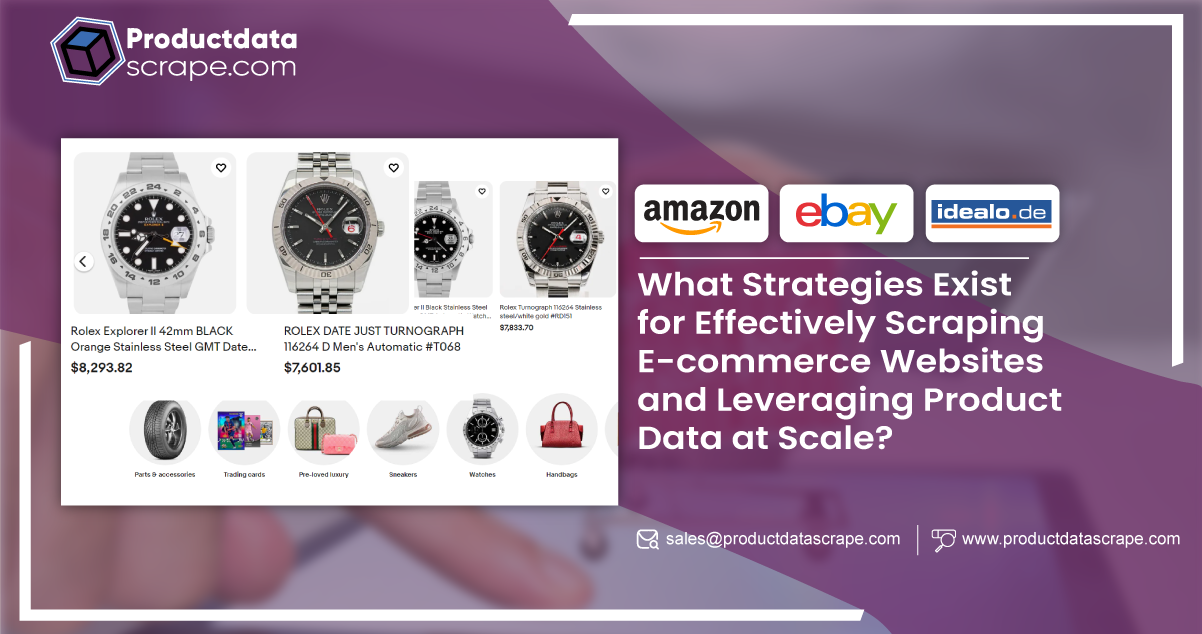
Explore the transformative potential of e-commerce product data scraping and its pivotal role in driving business success. This article delves into the importance of e-commerce product data in driving growth and innovation. Discover strategies for leveraging this data, including pricing optimization and marketing enhancement. Additionally, you can use practical methods for scraping e-commerce product data at scale, API integration, and third-party providers. By harnessing e-commerce product data scraping effectively, businesses can gain valuable insights into market trends, competitor strategies, and consumer preferences, enabling them to make informed decisions and stay ahead in today's competitive e-commerce landscape.
Benefits of Scraping E-Commerce Websites
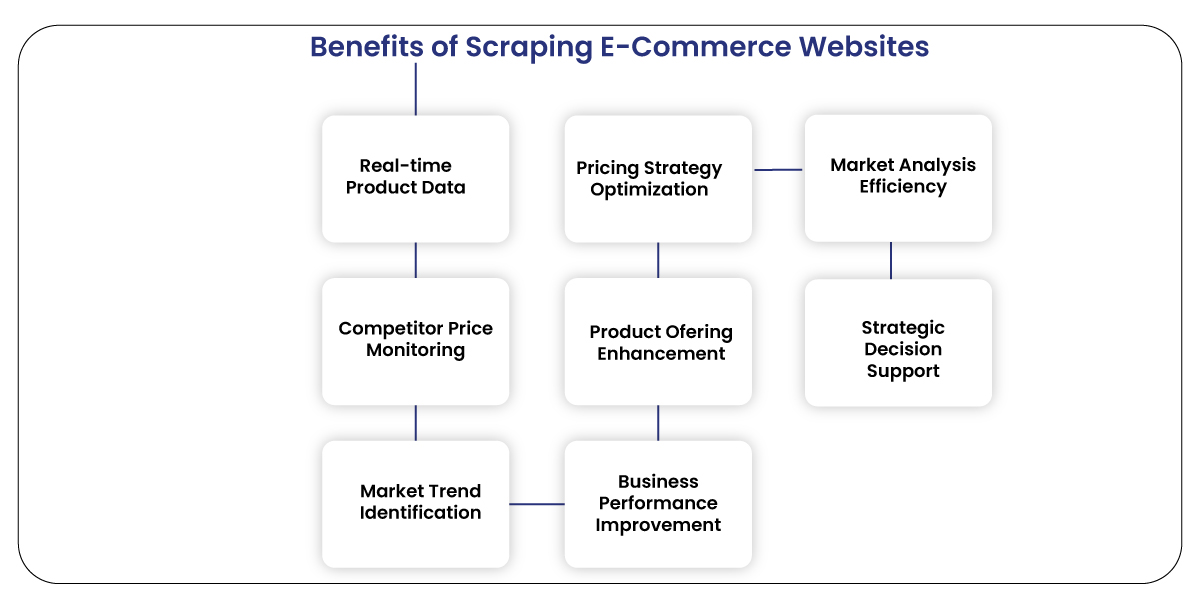
- Real-time Product Data: Obtain up-to-date information on products, enabling timely decision-making and adaptation to market changes.
- Competitor Price Monitoring: Monitor competitor prices effortlessly to adjust pricing strategies and maintain competitiveness.
- Market Trend Identification: Identify emerging trends and consumer preferences to stay ahead of the curve and capitalize on opportunities.
- Pricing Strategy Optimization: Utilize scraped data to fine-tune pricing strategies and maximize profitability.
- Product Offering Enhancement: Enhance product assortments based on insights derived from scraped data, improving customer satisfaction.
- Business Performance Improvement: Leverage scraped data to make informed decisions that drive overall business performance and growth.
- Market Analysis Efficiency: Streamline market analysis processes by automating data collection from e-commerce websites using an e-commerce data scraper.
- Strategic Decision Support: Utilize scraped data as a foundation for strategic decision-making, facilitating business success in the digital age.
Illustrating the Demand for E-commerce Product Data
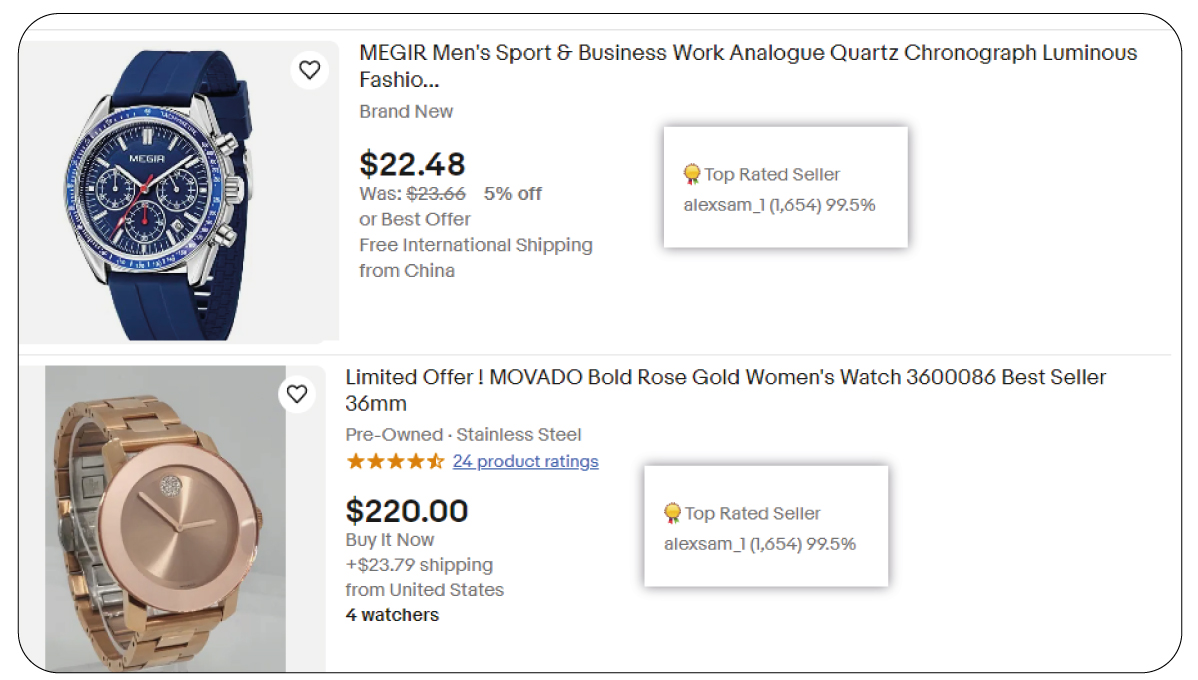
In the world of e-commerce, the demand for product data is not confined to a single entity but extends to a diverse range of stakeholders. Retailers, manufacturers, marketers, and analysts benefit from access to e-commerce product data. This data is instrumental in effective inventory management for retailers and manufacturers, ensuring optimal stock levels and minimizing overstock or stockouts. Scrape e-commerce product data to fuel pricing optimization strategies, allowing businesses to adjust prices dynamically based on market demand and competitor pricing. Marketers leverage product data to craft targeted marketing campaigns that resonate with their audience and drive sales. Additionally, analysts rely on product data to derive valuable insights into customer behavior, preferences, and purchasing patterns, enabling data-driven decision-making across various business functions. Thus, the demand for e-commerce product data scraping services transcends industry boundaries and plays a vital role in shaping the success of businesses in the digital marketplace.
How to Fuel Growth with E-commerce Product Data Scraping Strategies
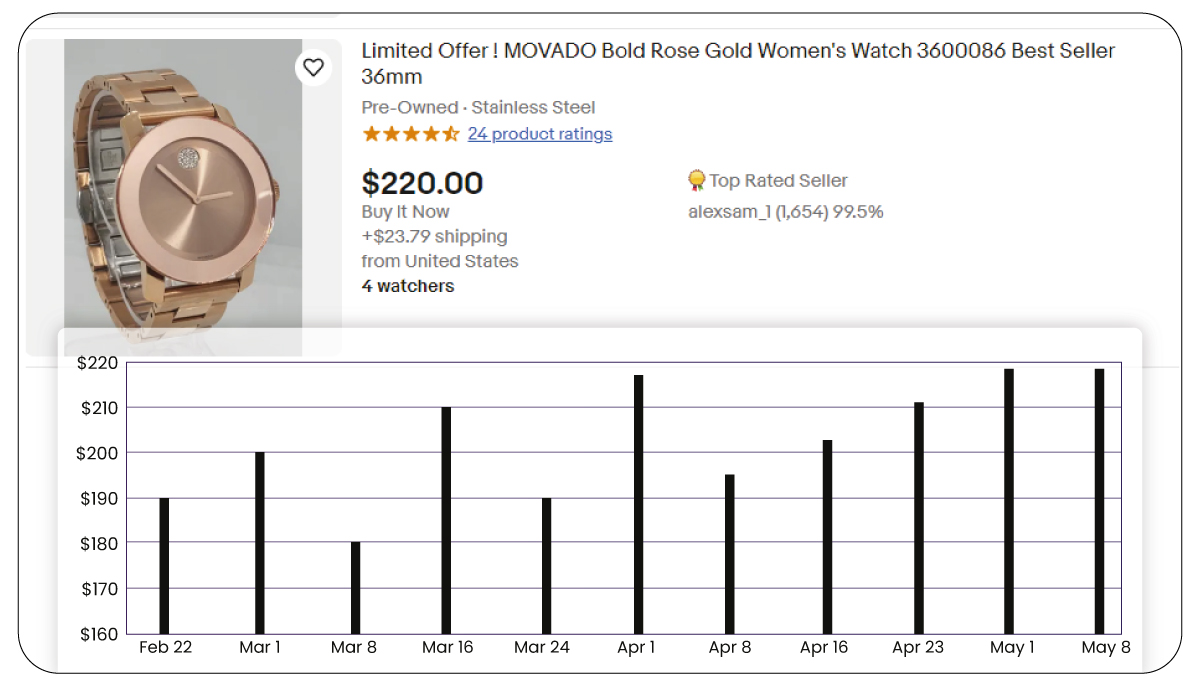
Leveraging e-commerce product data scraping strategies enables businesses to gain real-time market insights, optimize pricing strategies, and personalize marketing campaigns for maximum impact. By harnessing scraped data effectively, businesses can fuel growth, enhance competitiveness, and unlock new opportunities in the dynamic digital marketplace.
Real-time Market Insights: Web Scraping Retail Websites Data helps gain real-time insights into market trends, consumer preferences, and competitor strategies, enabling proactive decision-making.
Pricing Optimization: Leverage scraped product data using pricing intelligence to monitor competitor prices, identify pricing trends, and adjust pricing strategies dynamically to maximize profitability and competitiveness.
Personalized Marketing Campaigns: Harness scraped product data to segment customers based on their preferences, purchase history, and behavior, enabling the creation of targeted marketing campaigns that drive engagement and sales.
Inventory Management: Utilize scraped data to track product availability, demand trends, and stock levels, optimizing inventory management processes and minimizing stockouts or overstock situations.
Product Assortment Enhancement
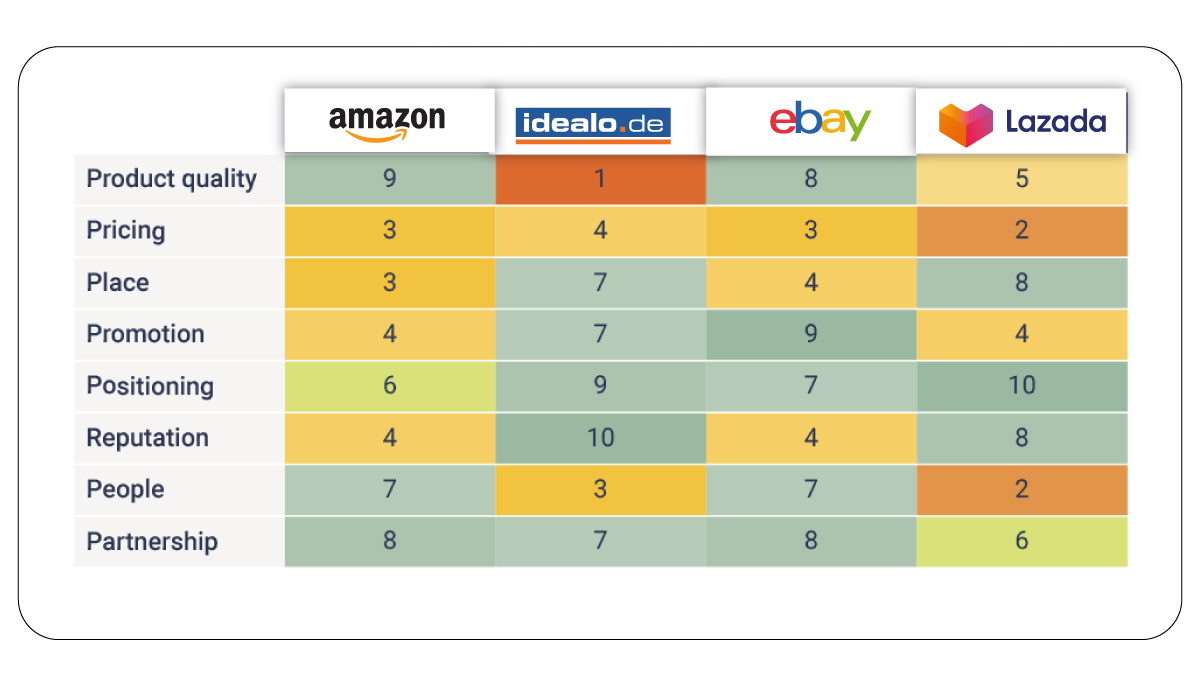
- Analyze scraped data to identify gaps in product offerings.
- Discover new product opportunities.
- Optimize product assortments to meet customer needs and preferences effectively.
Competitor Benchmarking: Compare product features, pricing, and customer reviews with competitors through scraped data, gaining valuable insights to benchmark performance and identify areas for improvement.
Customer Insights: You can extract customer reviews, feedback, and sentiment analysis from scraped data to understand customer perceptions, pain points, and satisfaction levels. It helps inform product development and service improvements.
Market Expansion Opportunities: Identify emerging market trends, niche opportunities, and untapped customer segments through scraped data analysis, enabling strategic expansion into new markets and verticals.
By effectively implementing these e-commerce product data scraping strategies, businesses can fuel growth, enhance competitiveness, and unlock new opportunities for success in the dynamic digital marketplace.
Steps to Scrape E-commerce product data to leveraging at Large Scale

Unlock the power of e-commerce product data scraping to fuel growth and competitiveness at a large scale with these strategic steps.
Identify Target Websites: Select e-commerce platforms and websites with relevant product data to scrape, considering factors such as popularity, product variety, and data accessibility.
Choose Scraping Tools: Utilize web scraping tools like BeautifulSoup, Scrapy, or Selenium to automate the data extraction process efficiently and effectively.
Understand Website Structure: Analyze the structure of target websites to identify critical data points such as product names, descriptions, prices, and customer reviews.
Develop Scraping Scripts: Create customized scraping scripts using Python or other programming languages to extract desired product data accurately and consistently.
Handle Anti-Scraping Measures: Implement techniques such as rotating user agents, using proxies, and throttling request rates to circumvent anti-scraping measures employed by websites.
Extract and Store Data: Collect product data using scraping scripts and store it in structured formats like CSV or JSON for further analysis and utilization.
Monitor and Maintain Scraping Process: Regularly monitor scraping activities to ensure data accuracy and compliance with website terms of service and make necessary adjustments to scraping scripts as needed.
Scale Up as Needed: Scale up scraping efforts by deploying additional resources or optimizing scraping scripts to handle larger volumes of data as business needs evolve.
Challenges and Considerations

Scraping e-commerce data presents businesses with many challenges and considerations that require careful attention:
Legal and ethical considerations loom large, as scraping activities must comply with website terms of service and relevant data protection regulations to avoid potential legal repercussions.
E-commerce websites often employ anti-scraping measures such as CAPTCHA challenges, IP blocking, and rate limiting, which can hinder scraping efforts and require sophisticated techniques to circumvent.
Ensuring data accuracy and integrity poses a significant challenge, as e-commerce websites frequently update their layouts and structures, necessitating regular adjustments to scraping scripts.
The sheer volume of data on e-commerce websites can overwhelm scraping processes, requiring efficient data management and storage solutions.
Maintaining efficiency and website load impact is crucial to avoid disrupting website performance and user experience. Navigating these challenges and considerations is essential for successful and ethical e-commerce data scraping endeavors.
Conclusion: Scraping e-commerce data offers immense potential for businesses seeking insights, optimizing strategies, and driving growth in the digital marketplace. While the process presents challenges such as legal compliance, anti-scraping measures, and data accuracy, overcoming these hurdles can unlock valuable opportunities. By leveraging scraping techniques effectively, businesses can access real-time market insights, monitor competitor activities, and enhance decision-making processes. However, it is imperative to approach scraping activities ethically and responsibly, respecting website terms of service and data privacy regulations. With strategic planning, meticulous execution, and adherence to ethical standards, scraping e-commerce data can be a powerful tool for achieving business success.
At Product Data Scrape, we uphold the highest ethical standards in all our endeavors. Whether delivering Competitor Price Monitoring Services or engaging in Mobile App Data Scraping, our commitment to transparency and integrity guides every aspect of our operations. With a strong presence across multiple offices, we ensure the steadfast delivery of exceptional services tailored to meet the diverse needs of our esteemed clients. We aim to consistently excel in providing solutions that exceed expectations and drive success in the ever-evolving data analytics landscape.






































.webp)






